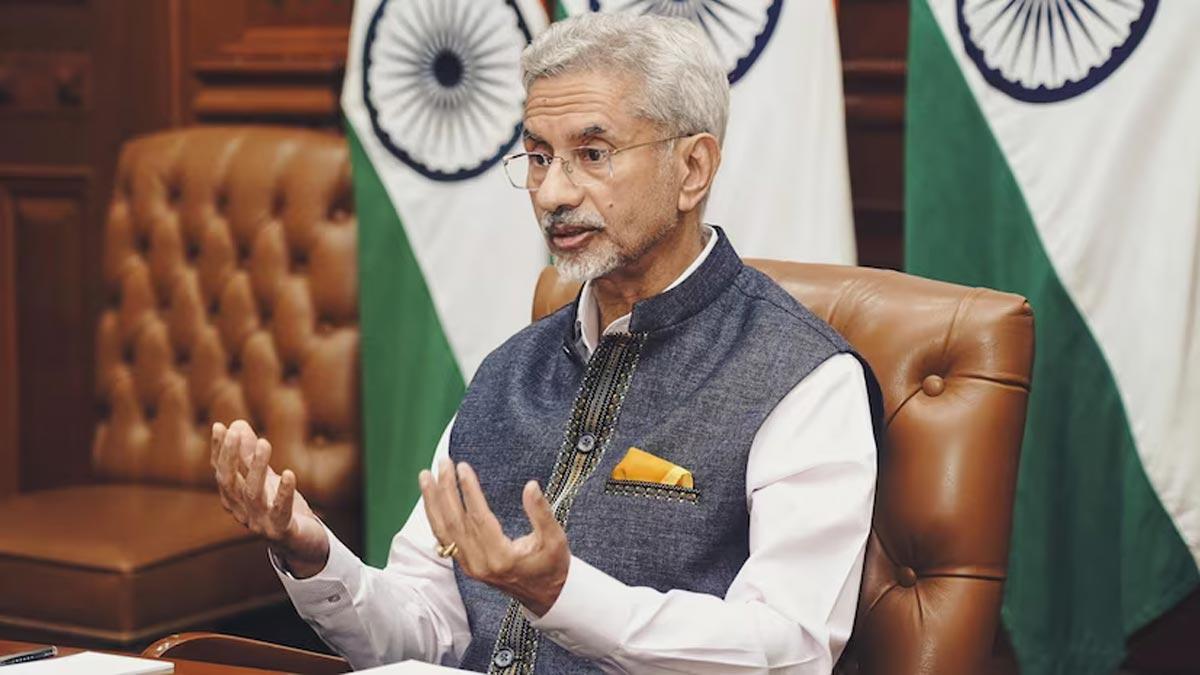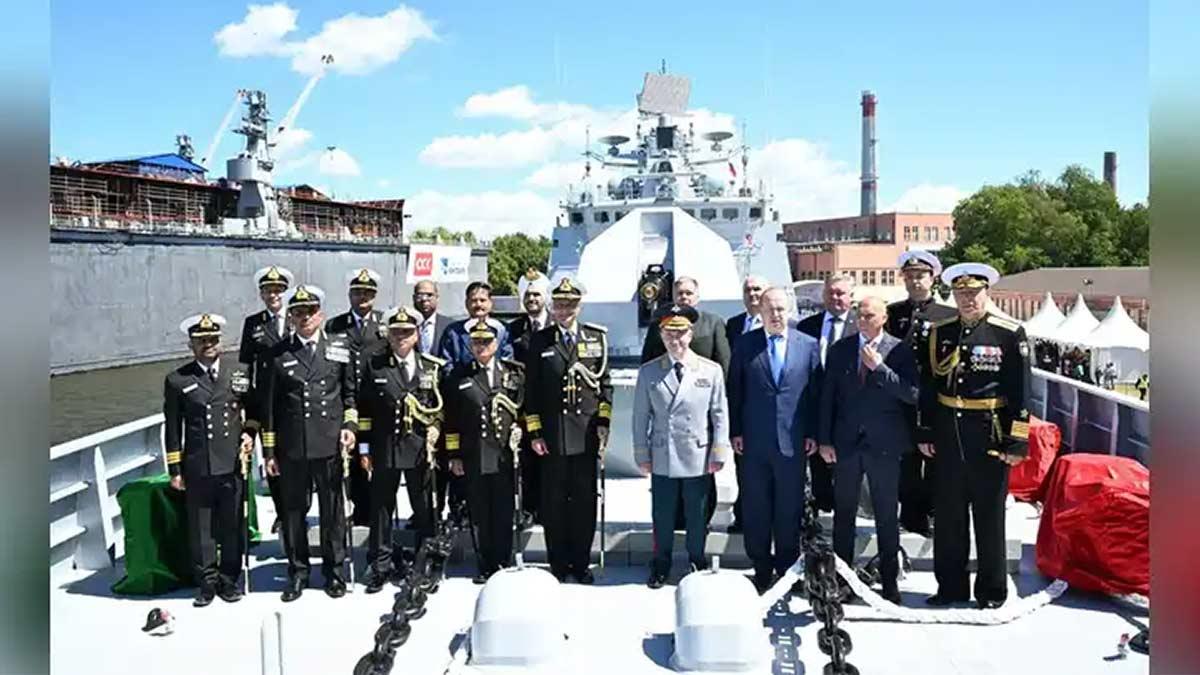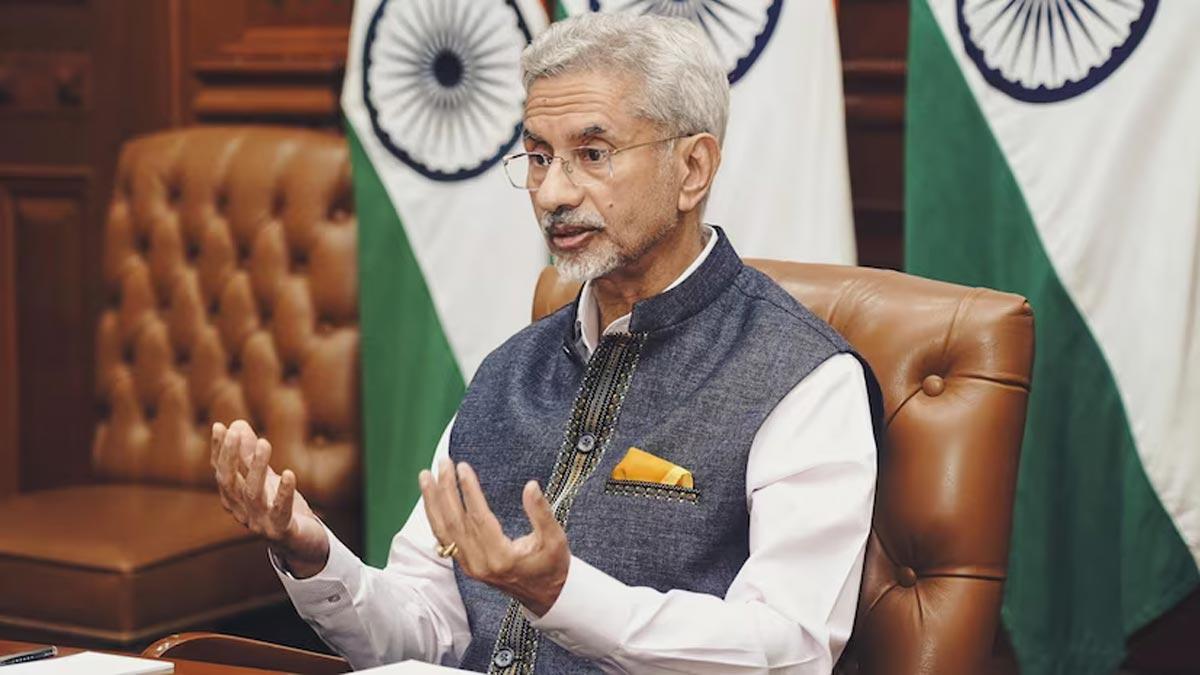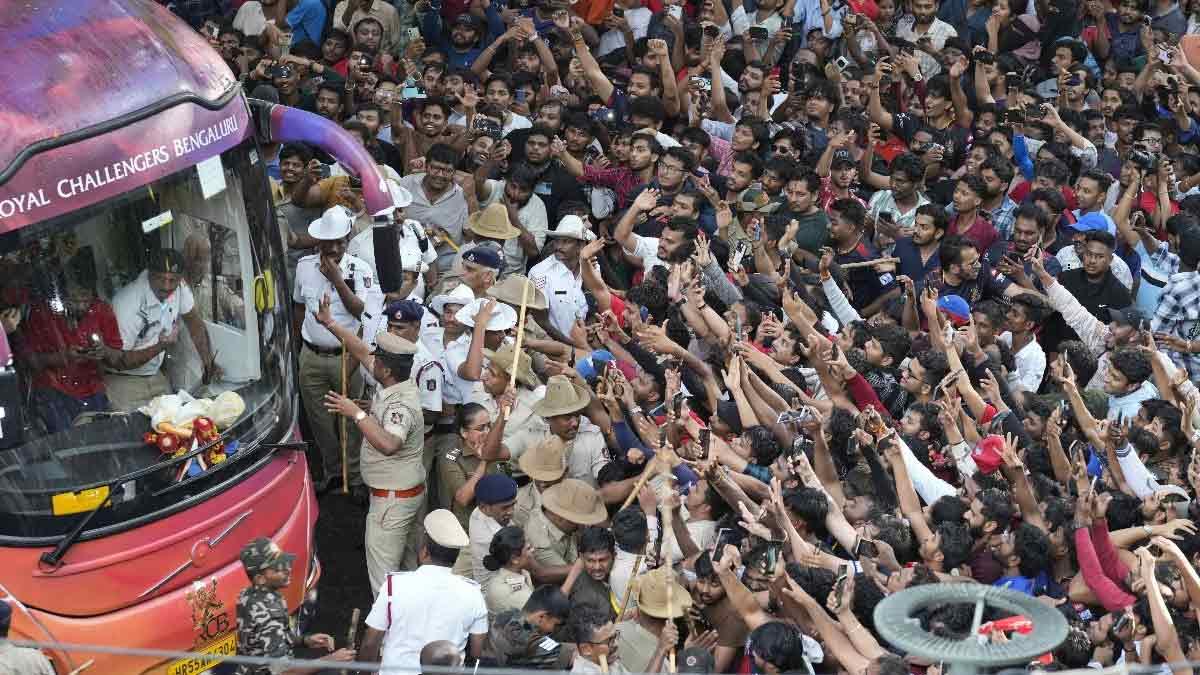External Affairs Minister S. Jaishankar, commenting on the turn of events relating to Operation Sindoor and the ceasefire with Pakistan, said today that it was clear who had started the truce.
His comments came in the wake of a big political commotion initiated by U.S. President Donald Trump's statement that the United States had brokered peace talks between the two South Asian countries.
Jaishankar also asserted that the Indus Waters Treaty is still suspended and will remain so until Pakistan stops cross-border terrorism in an "irreversible and credible" manner.
Pakistan, which depends significantly on the Indus river system for agriculture and drinking water, has approached India's Jal Shakti Ministry to reconsider suspending the treaty.
India stopped the water supply after the April 22 terrorist attack on tourists in Pahalgam in Kashmir. Referring to national security issues, New Delhi announced that the treaty would remain on ice until Pakistan stopped supporting terror groups.
Addressing the media at an event, Jaishankar talked about the precision strikes on May 7, which were conducted in retaliation for the Pahalgam massacre. He explained that the operation targeted terror camps, and not the Pakistani army. "We were not targeting the Pakistani military so the military had a choice of standing aside and not getting in the way. But they decided not to take good advice," he stated.
"Sattelite images exposed graphically what damage we inflicted. and what little damage they did. The same lot who refused to stand down on May 7, were ready to stand down and negotiate on May 10. So it was obvious who desired the stoppage of firing," the minister said.
Without explicitly confronting President Trump's claim that the ceasefire was tied to a trade deal, Jaishankar indirectly rejected the assertion by observing, "Between India and the US, trade talks have been going on."
He went on to add, "These are complex negotiations. Nothing is agreed until everything is. Any trade agreement must be reciprocally useful. It must benefit both nations. That would be our expectation from the trade agreement. Until that is completed, any judgment on it would be premature."
Jaishankar also underlined that India's policy towards Pakistan continues to be rooted in bilateralism. He said this stance has been the national consensus for years and there is "absolutely no change" in that approach.
President Trump had made a public statement on a ceasefire only minutes prior to India's Ministry of External Affairs formally making the announcement on May 10.
Three days later, and just before Prime Minister Narendra Modi spoke to the nation regarding Operation Sindoor, Trump asserted that he had told India and Pakistan that any future trade involvement with the U.S. would depend on the cessation of hostilities between them.
India has been opposed to outside mediation of conflict with Pakistan, particularly over Kashmir, for a long time. Trump's statement incensed people at home, and the Congress party demanded that there be an explanation and that there be a special session of parliament to debate the matter and other facets of Operation Sindoor.
The Indian government, without directly naming President Trump, has insisted all along that the proposal for a ceasefire had come from Pakistan.
Read also| Rajnath Singh Questions Safety of Pakistan’s Nuclear Arsenal in Stern Message to IAEA
Read also| Three Terrorists Neutralized in Pulwama Encounter, Jammu & Kashmir


















